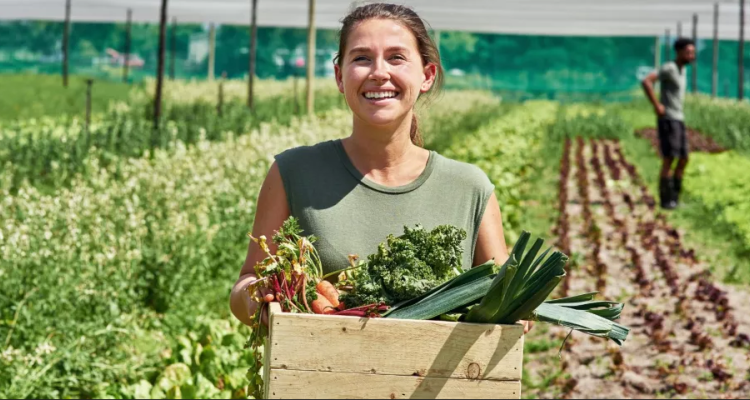
Project
CORE: Agricultural and rural youth employment and life-projects in the EU
The conditions of daily life in rural regions are rather unfavourable, due to limited economic productivity, poor career prospects and worsening infrastructure provision (e.g., public services). This has led to an
increasing number of rural inhabitants leaving the countryside. In particular, young, well-educated individuals have turned their backs on rural regions. The consequence is a shortage of labour and skilled workers, which further deteriorates the economic prospects of these areas. The CORE project aims to strengthen the alliances between rural and farmers’ youth organisations through collaboration in research, sharing good practices, and social dialogues.
The work to be developed in this project will consist of three pillars:
(1) the study and analysis of the current youth employment situation,
(2) the sharing of good practices to improve the conditions of rural
and agricultural youth in the labour market, and
(3) the creation of social dialogues between rural and agricultural youth, policy-makers and other actors involved, in order to find adequate pathways to improve their situation.
Firstly, the study will allow to collect data and analyse the current situation of the youth employment in rural areas and agriculture in the European Union. This is important for understanding the specific needs of young people and designing appropriate policies to address their challenges. In addition, the study can also identify factors influencing youth employability in rural areas and agriculture, which can be useful to design specific strategies to address these challenges. The collection of best practices is another important tool to improve the relationship between policy, research and practice. By identifying and disseminating best practices in rural youth labour market, successful solutions can be promoted at the local level and knowledge transfer between regions and countries can be encouraged. This can help policies to be more effective and better adapted to the specific needs of young people in rural areas and agriculture. Finally, organising social dialogues is essential to improve the links between policy, research and practice. By bringing together key actors,
including young people, youth organisations, policy makers, researchers and employers, perspectives and experiences can be shared, and effective collaborations established. This can help inform research and practice, as well as influence policy formulation. In summary, this project are key tools for improving the relationship between policy, research and practice. These tools can help to understand the specific needs of young people in rural areas and agriculture, promote effective solutions and establish effective partnerships between key actors.
Impact
Outcomes and activities from the CORE Project will benefit not only the partners but also a wider audience through the following steps:
1. Prior to the start of the project, in the formation of the consortium, it has been ensured that the project partners already have a wide network of stakeholders who will benefit from the project results through knowledge and innovation exchange, policy recommendations at national and European level, or by sharing them directly with the project target groups.
2. In addition to these existing networks in each partner organisation, during the development of each Work Package, close collaboration with relevant experts and stakeholders will be established in order to ensure that the results of the Work Package are of the highest possible quality. Of course, once these results have been developed, they will be shared with these actors so that they can benefit from the project.
3. Through WP4 (last implementation Work Package), during the organisation of the social dialogues, these will bring together all kinds of stakeholders relevant to the challenges to be discussed in the social dialogues. In this way, it is ensured that all these actors feel that they are participants in the project and, at the same time, beneficiaries of its results.
4. Finally, it will be ensured that the tangible results of the project will be deposited in existing knowledge and innovation repositories at European and national level, with the aim of making them fully publicly accessible (i.e., EU-FarmBook).